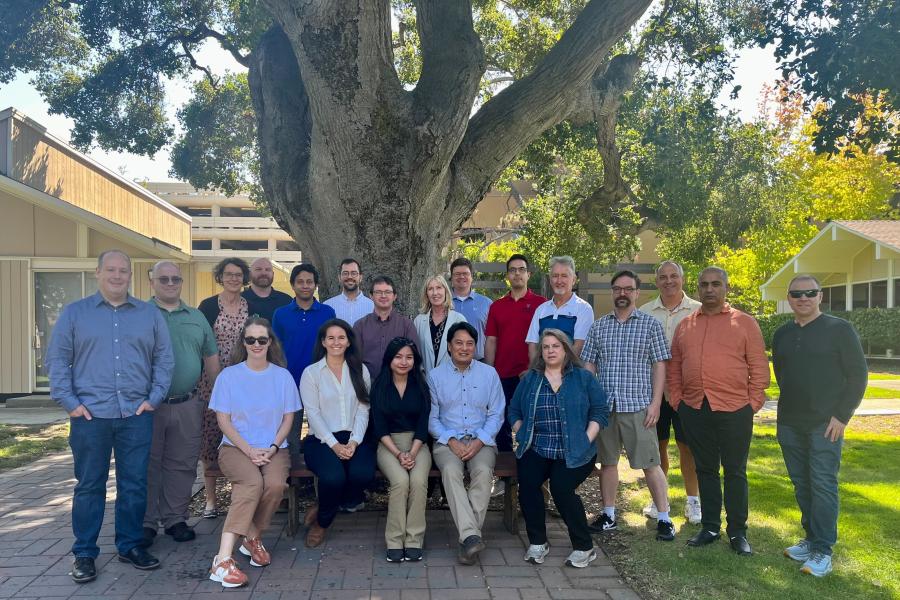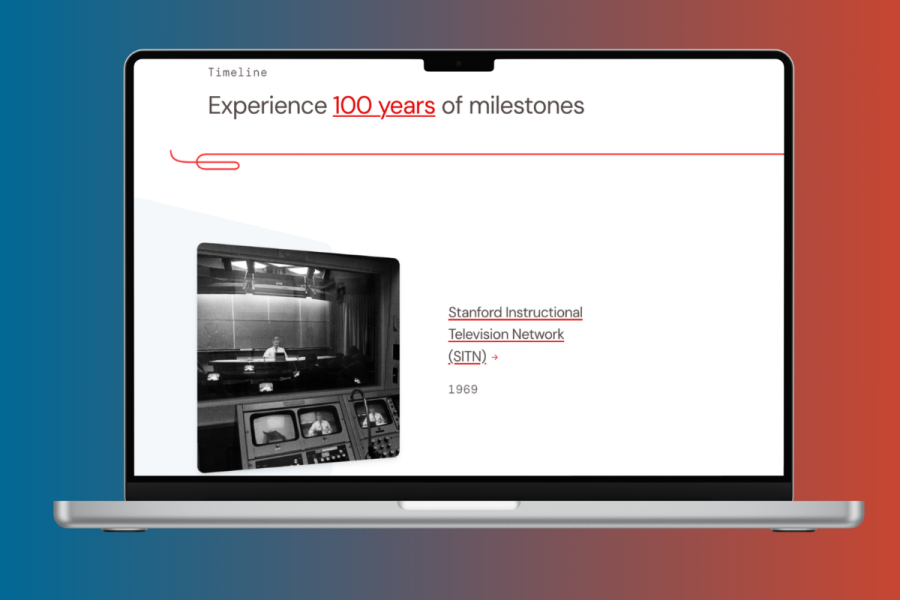Stanford Research Computing Hosts HPC Leadership Institute

In mid-September, 20 researchers from industry, national laboratories, and academia gathered at Stanford for a three-day gathering focused on the challenges faced by program leaders and decision makers that oversee high performance computing (HPC) initiatives and centers.
Now in its tenth year, the HPC Leadership Institute is specifically tailored to managers and decision makers who are use or are considering HPC within their organizations. Envisioned and launched by Andrew Jones, future HPC & AI capabilities lead at Microsoft, it is also applicable to those with a real opportunity to make this career step in the near future.
The 2023 institute was hosted by Stanford Research Computing and led by Microsoft and MITRE, in cooperation with the Texas Advanced Computing Center (TACC).
Attendees, including participants from the UK and New Zealand, learned about procurement considerations, pricing and capital expenditures, operating expenditures, and the cost/benefit analyses of adding HPC to their institutional portfolios. They also discussed the criticality of user input and user-focused services.
Viewing the Full Spectrum of HPC Leadership
A recurring theme was the importance of not characterizing HPC as being just about infrastructure and systems. These are necessary components, but are only a part of what comprises HPC.
Andrew Jones, future HPC & AI capabilities lead at Microsoft, shared his overarching thoughts on the role of supercomputing in enabling institutions to be successful in their research endeavors.
“Supercomputing is not racks of servers in an IT facility. It’s what you do with supercomputing that delivers value and helps leaders make better business decisions,” Jones said. “Otherwise, it’s just an expensive ornament.”
The bulk of the presentations were led by Jones and Christine Harvey of MITRE, covering a broad scope of HPC from department scale clusters to the largest supercomputers, modeling and simulation to non-traditional use cases, and more.
Special presentations by Dan Stanzione, TACC director, and Ruth Marinshaw, chief technology officer for Research Computing at Stanford, illustrated examples from their respective programs to reinforce the points made by Jones and Harvey.
“Thinking about the full spectrum of activities that a HPC program leader has to navigate is important, and learning about tried and true approaches, and factors to consider, is invaluable,” Marinshaw said. “The group exercises that program tutors Andrew Jones and Christine Harvey orchestrated provided time-bounded, illustrative examples of how to apply the concepts and approaches they have found to be essential for leaders. These three days of information sharing, discussion and brainstorming were welcomed by all participants.”
You can view details of the 2023 institute, including the agenda, on the HPC Leadership Institute website.
DISCLAIMER: UIT News is accurate on the publication date. We do not update information in past news items. We do make every effort to keep our service information pages up-to-date. Please search our service pages at uit.stanford.edu/search.
What to read next:

Coming Soon: A New Login for Your Stanford University Microsoft Account

Stanford Web Services and Stanford School of Engineering Receive Anthem Award

